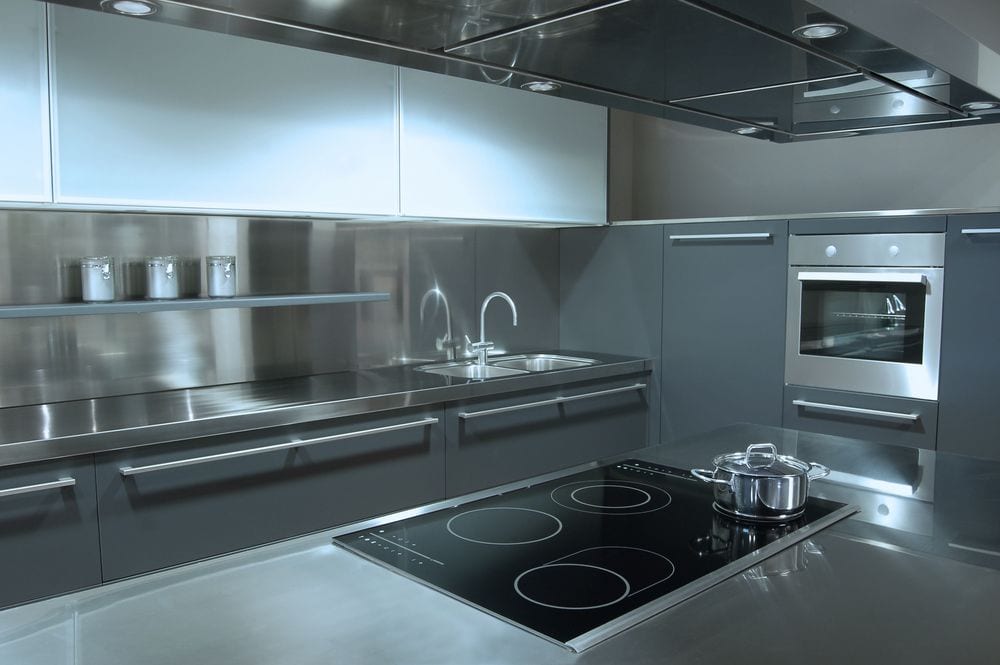industrial kitchen plays a vital role in large-scale food production and catering operations. These professional culinary spaces are designed to handle high volumes of food preparation efficiently while maintaining the highest standards of quality and safety. In this article, we will explore the key features and benefits of industrial kitchens and how they contribute to culinary excellence.
Its role
Large-scale Production: One of the primary purposes of an industrial kitchen is to cater to a large number of people. Whether it’s a hotel, banquet hall, or institutional facility, industrial kitchens are equipped to handle the demands of mass food production. The spacious layout, multiple cooking stations, and specialized equipment allow for the preparation of large quantities of food without compromising on quality.
Efficient Workflow: Efficiency is a hallmark of industrial kitchens. These kitchens are meticulously designed to optimize workflow and minimize wasted time and effort. The layout is organized in a way that allows for a seamless flow from ingredient preparation to cooking, plating, and final assembly. The strategic placement of workstations, storage areas, and cooking equipment ensures that chefs and kitchen staff can move swiftly and efficiently, reducing the risk of bottlenecks or delays.

High-quality Equipment: Industrial kitchens are equipped with professional-grade appliances and specialized equipment designed for heavy-duty use. From commercial ovens, grills, and fryers to industrial mixers and food processors, these robust machines can withstand continuous operation and meet the demands of high-volume cooking. The use of reliable and efficient equipment ensures consistent results and enables chefs to execute their culinary visions effectively.
Food Safety and Hygiene: Maintaining strict food safety and hygiene practices is essential in any kitchen, but it becomes even more critical in an industrial setting. Industrial kitchens adhere to rigorous health and safety standards, ensuring that food is prepared and handled in a sanitary environment. Adequate ventilation, proper temperature controls, and regular cleaning protocols are crucial to prevent contamination and ensure the well-being of consumers.
Streamlined Menu Production: Industrial kitchens often have standardized menus and recipes to ensure consistency and efficiency. These menus are carefully planned to maximize ingredient usage, minimize waste, and optimize production processes. By streamlining the menu production, industrial kitchens can achieve cost savings, reduce the complexity of operations, and maintain consistent quality across a range of dishes.
Staff Training and Expertise: In an industrial kitchen, staff training and expertise are essential components of culinary excellence. Chefs and kitchen staff working in industrial kitchens must possess strong culinary skills, knowledge of food safety regulations, and the ability to work in a fast-paced environment. Regular training programs and professional development opportunities are often provided to enhance skills, keep up with industry trends, and maintain high standards of culinary execution.
Cost Efficiency: Industrial kitchens offer cost efficiency in terms of ingredient procurement, portion control, and waste management. By purchasing ingredients in bulk, industrial kitchens can take advantage of lower costs. Portion control ensures that food is prepared in standardized quantities, minimizing waste and optimizing cost management. Industrial kitchens often implement effective inventory management systems to monitor ingredient usage, control costs, and reduce excess inventory.
Flexibility and Adaptability: Industrial kitchens have the ability to adapt to various culinary concepts and menu requirements. Whether it’s catering to specific dietary restrictions, offering diverse cuisine options, or accommodating customized requests, industrial kitchens have the flexibility to meet different culinary demands. This adaptability enables them to cater to a wide range of events and customer preferences, providing a versatile culinary experience.

